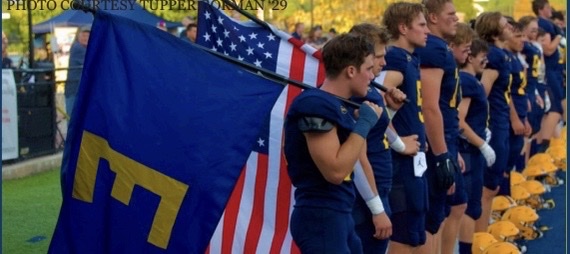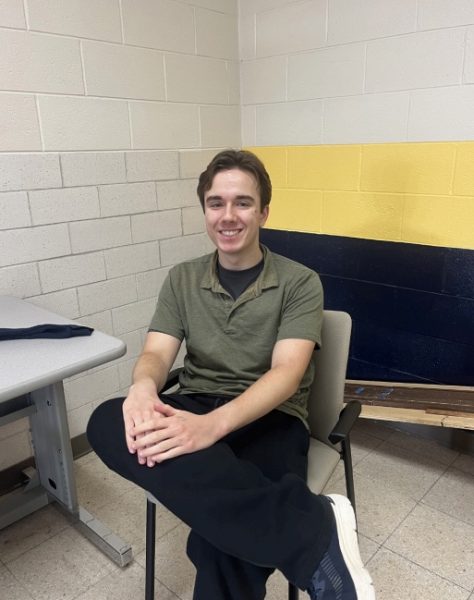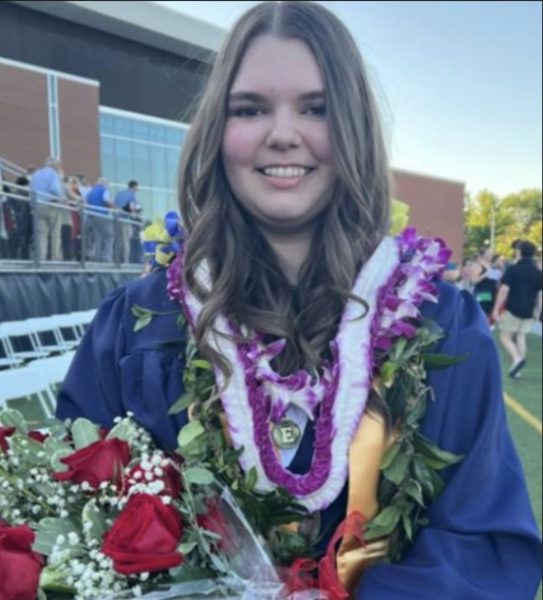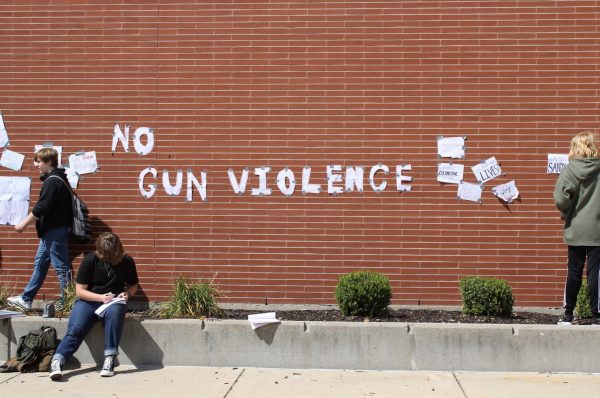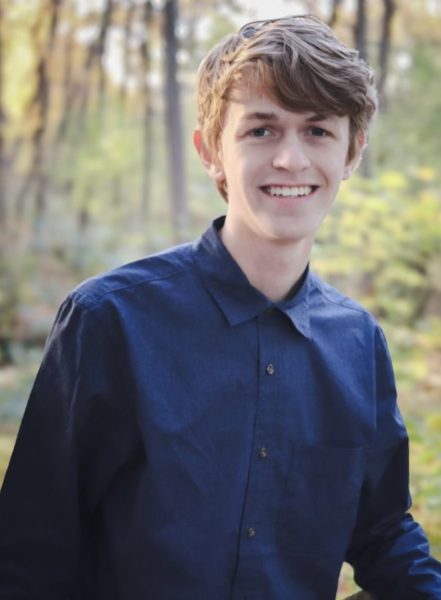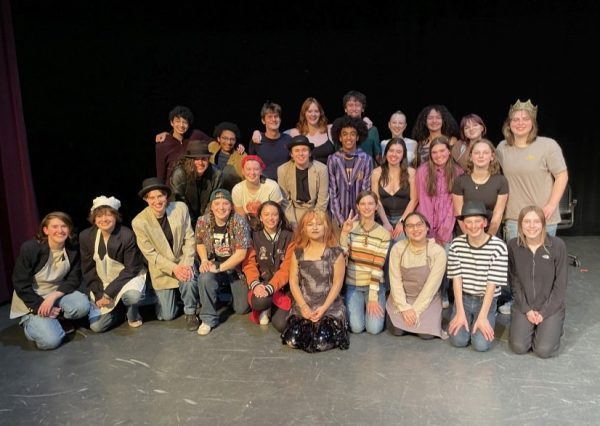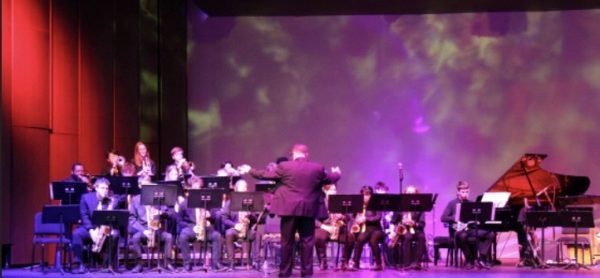Students Become Involved With Current Events Through CAPS Club
The Civic Activism and Political Society (CAPS) held a debate about the Afghanistan crisis on Sept. 14. They discussed a range of issues– from the extent of U.S. military involvement in the country to the execution of their withdrawal.
The United States Armed Forces have been fighting alongside the Afghan National Army against the Taliban as they inched closer to the Afghan capital, Kabul. The war has been going on for 20 years after the retaliation for 9/11 began in Afghanistan. On Aug. 15, the Taliban took control of the capital as the U.S. began evacuating en masse.
Mathias Mapes-Pearson, president of the Student Veterans Association at Grand Valley State University and son of social studies teacher Christine Mapes, spoke to English classes about the situation and his personal experiences as a Marine in Afghanistan. “I think a humanitarian crisis would have been born out of the US leaving regardless of our actions, but to the extent of what unfolded was exacerbated by the poor planning and execution of leaving,” he said.
During his presentation, he described his personal experience in Afghanistan including the strategic details regarding the takeover, and encouraged students to be politically active within the community.
“You may not necessarily be able to vote, but having a strong understanding of world events, politics, and what is going on in the country is extremely important,” he said.
Student political involvement was demonstrated in the recent CAPS debate, where a discussion was held about U.S. influence in Afghanistan. Some debaters argued that even though there was an existing withdrawal date for the military, the execution could have been performed better.
Other debaters questioned whether the U.S. should have been in Afghanistan for as long as they were. With the anniversary of 9/11 marking 20 years after the U.S. initially entered the country, some argue that the U.S. overstayed there and should have left earlier, believing military occupation was only prolonging the country’s inevitable fall.
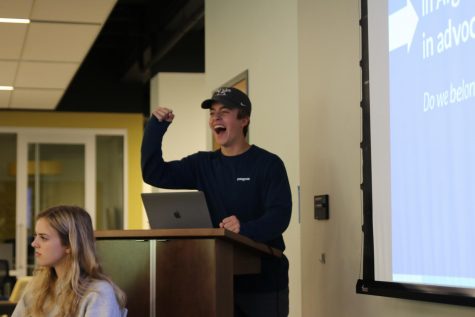
Another student stated that under the right conditions, Afghanistan could have been transformed into a full-time occupation with active U.S. bases, like in South Korea.
The student debate on the significant Afghanistan issue demonstrates that students can produce quality and productive political discourse.
“Understanding viewpoints not just from the side you may align with but the side you may disagree with will provide you with a far better understanding about complex issues facing the country,” Mapes-Pearson said.


